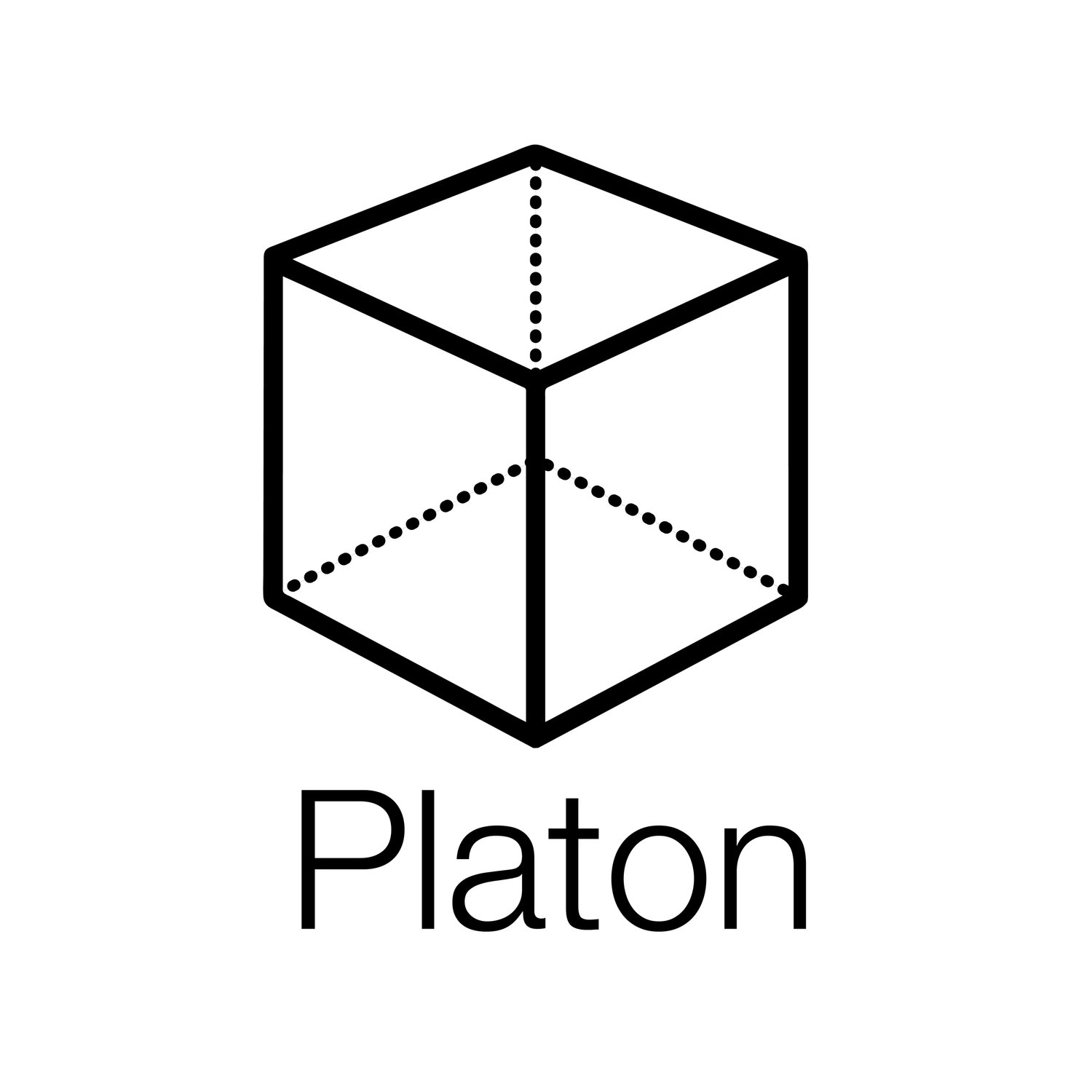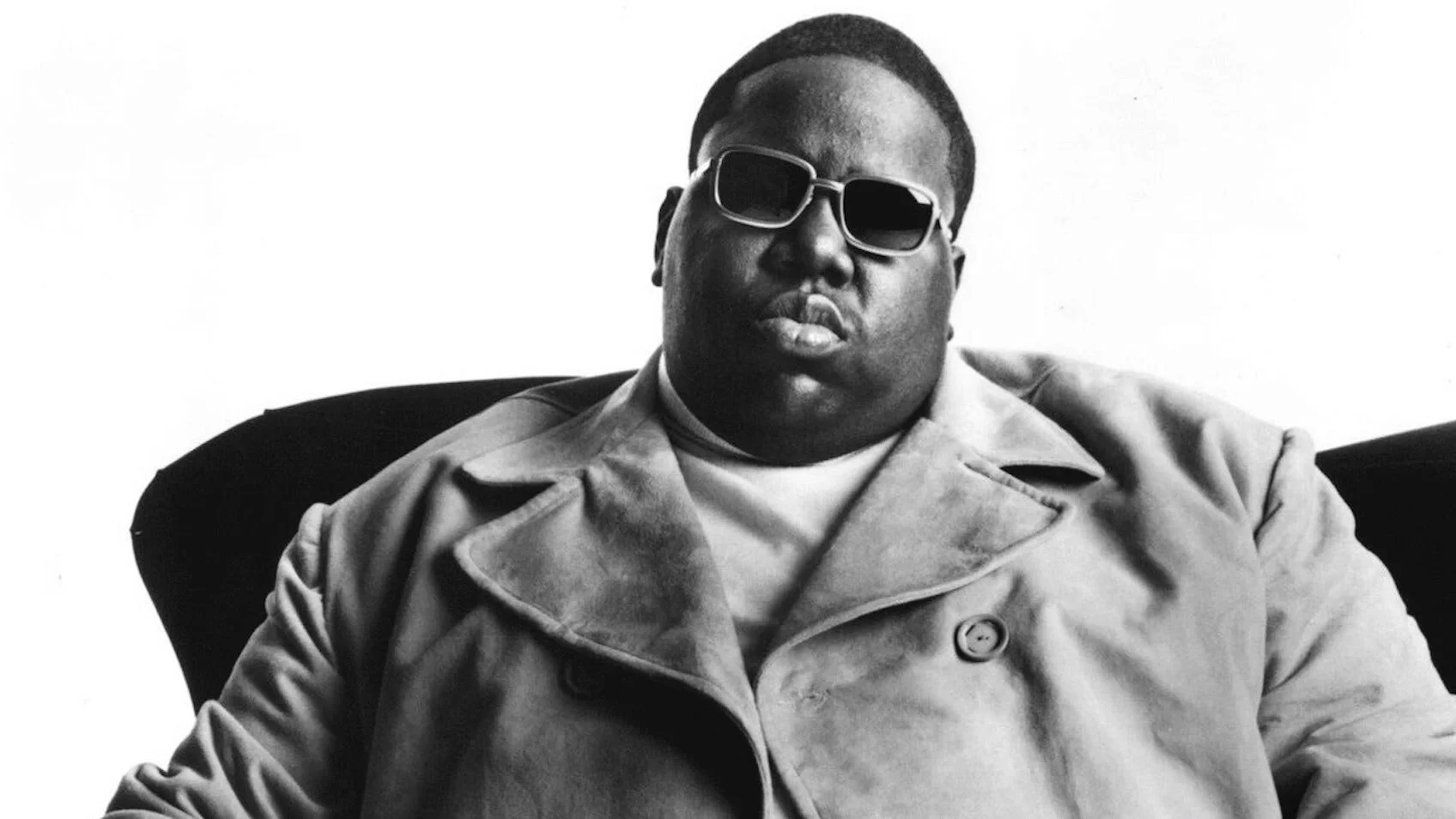Biggie Smalls was the master marketer
Exploring the layers to The Notorious B.I.G.'s legacy
Rolling Stone magazine called Biggie Smalls ''the greatest rapper that ever lived''; I call him one of the greatest marketers that ever lived.
On Monday (1 March), documentary Biggie: I Got A Story To Tell comes to Netflix. Executive produced by his mother Violetta Wallace and close friend Sean ''Diddy'' Combs, the film is set to explore all the many layers and legacy of the legendary rapper - who was born Christopher Wallace, and also went by his stage name The Notorious B.I.G.
Quite often people look at the extravagance of hip-hop culture, hear the music, see the lavish lifestyle and make the assumption that it's vacuous and surface-deep. But what they often miss is the powerful, considered and strong business underpinning the genre and the global influence that it has.
At The Fitting Room we work to three pillars – hype, demand, and legacy – which for us, describe the lifecycle from awareness to timeless fame. These pillars were actually influenced by watching how, in such a short life – he died at 24 – Biggie built a brand that lives on so powerfully, many years after his death. A personal brand that was created before digital, streaming, and social media.
“For me Biggie was the master marketer, and here's why”
Brave storytelling
Every brand needs a great story. Biggie had that - buckets of it - and he told it in the most authentic way, through his music. He tackled taboo subjects in his lyrics, but they weren't taboo in his world. They were his life. We praise brands now for addressing real issues like mental health, but Biggie was addressing mental health back in 1994 with his single, Suicidal Thoughts.
Audience
Biggie knew his audience. He didn't just make music ready for popular culture - he managed to engage his community who were living the same struggles as him, and lift them up. He foresaw that black culture would be one of the biggest influences on popular culture. Today we would call him a trend forecaster.
Partnerships
Biggie Smalls was the king of cultivating meaningful and adventurous brand collaboration, and those partnerships continue to live on. Some of his most iconic include:
Versace
One of Biggie's most recognisable fashion staples were his Versace sunglasses, the "Medusas". He wore them on multiple occasions, including in his music video for Hypnotize, in which he also namedrops the brand.
In 2018, over 20 years after his death, the fashion house brought back the sunglasses for limited sale at Barneys. Countless hip hop artists like Migos now collaborate with Versace on campaigns and attend their fashion shows as invited guests, but Biggie was one of the first to do so, sharing a close relationship with Donatella Versace.
Fila
Biggie was known for regularly sporting Fila both on and off stage. In May 2020, the brand dropped a new collection in collaboration with his estate to celebrate the anniversary of the late rapper's debut album Ready to Die. The entire range was inspired by Biggie and Brooklyn streetwear, with a set recreating the Fila t-shirt and matching visor he wore during a Philadelphia performance in 1993 and the trainers featuring his iconic crown. Even the packaging of the collection honoured Biggie, incorporating elements of his original album artwork.
Timberland
Timberland boots have become synonymous with hip-hop and specifically New York culture. Despite originally being designed for the working class in New England in 1952, the boots took off in the 1990s when rappers including Biggie began sporting them.
Referring to them as "Timbs" and rapping about them in their lyrics, they immediately became the shoe to have with sales flourishing. However, after Timberland released a statement alienating its black audience by announcing it would be scaling back on distribution to focus on its "target audience" (aka the white and wealthy), Daymond John birthed Fubu, an iconic black-owned streetwear brand.
Pepsi
Last year Pepsi featured an unreleased Biggie Smalls freestyle in an animated ad to mark his induction into the Rock and Roll Hall of Fame. In the spot called "The Notorious B.I.G. Pepsi Freestyle", he raps: "Nothing else beats a Pepsi. If it is, let’s see, I’m thirsty."
Influencer Marketing
Black Excellence is a relatively new term, but Biggie was setting the foundations for this back in the 90s. When you look back at his music videos, he was bringing brands that had previously not been associated with Black culture to the forefront, influencing.
Moët & Chandon has a longstanding relationship with hip-hop; the business switched its focus from targeting white and wealthy audiences when the likes of Biggie organically endorsed them in music videos where they popped bottles as a sign of lavish living. The drink was instantly transformed from being just a Champagne brand to symbolising a part of what was soon to become pop culture.
This was much to do with Biggie, who referenced household names including Alizé, Dom Perignon and Moët in his music. Now some of the biggest names in hip-hop have their own drinks brands – Diddy with Cîroc, Jay Z with D'usse, and Rick Ross with Bellaire.
Biggie Smalls influenced the influencers and their audiences; we are still learning from and utilising his lessons in how to build a brand, tell a story and develop a global business today. His legacy is legendary and lives on.

